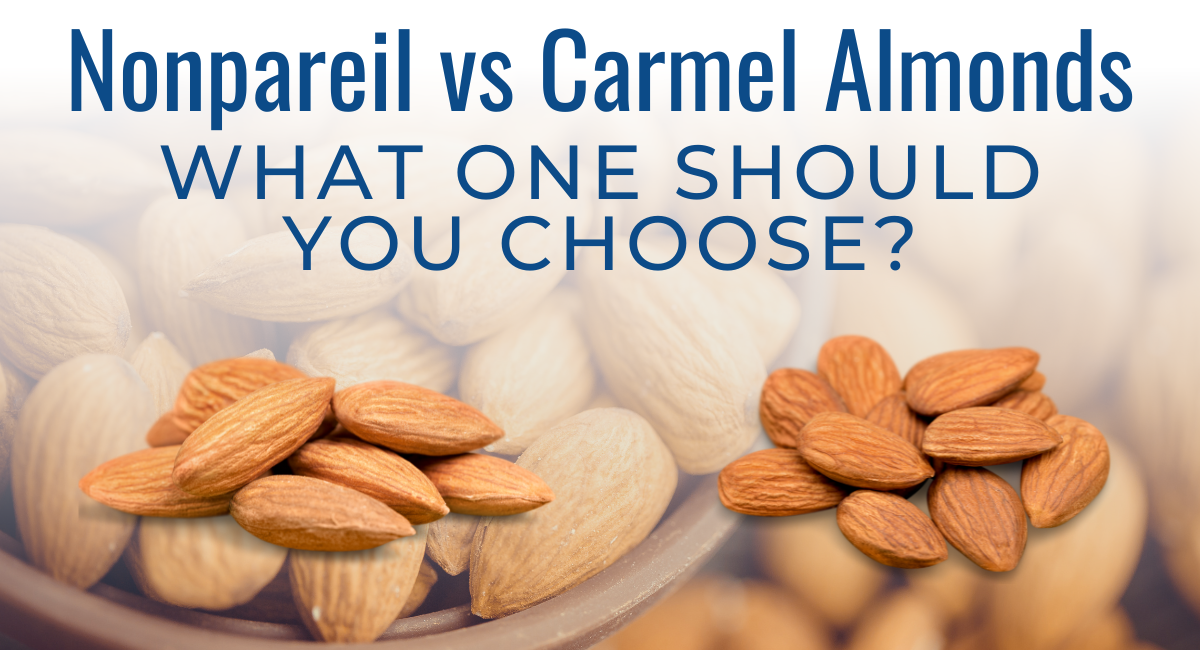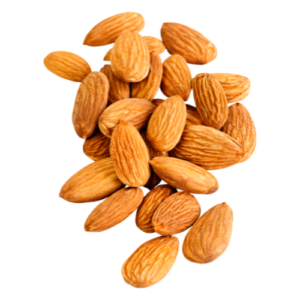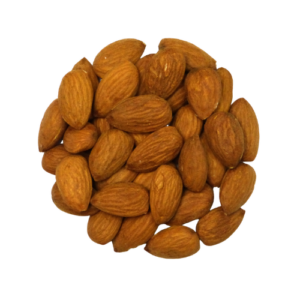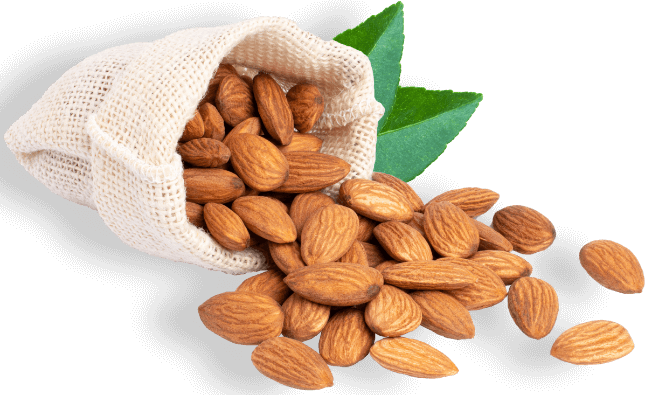Introduction
The popularity of almonds in Australia has increased dramatically over the past decade, largely driven by an improvement in consumer knowledge about the health benefits of almonds and plant based foods in general. During this time domestic sales of almonds have grown by over 100%, whereas the population has only increased by 15%.
Currently 80% of the worlds Almonds are grown in California. Australia produces 7% of the worlds’ crop, the majority of which is exported. Almonds consumed in Australia are predominantly supplied by Australian farmers. The pricing for local almonds is heavily influenced by the size of the Californian crop as it holds such a dominant position in the world market.
Two main almond varieties, Nonpareil and Carmel make up approximately half of the world almond market, with Nonpareil being the most popular almond making up 40% of all almond harvests. These varieties are even more prevalent in Australia. If you are eating an almond in Australia it is highly likely that it will be one of these two varieties as they make up over 85% of our supply.
An interesting crop:
Many may not know that although Nonpareil and Carmel varieties dominate our consumption in Australia, over 30 varieties of almonds are grown worldwide. This is partly because almond plants are not self-pollinating and require cross fertilisation from a compatible almond variety. Crops are often planted in rows, alternating pollinating varieties with the premium Nonpareil almond. At a farm level these combinations are chosen to suit the climate, soil and typical growing conditions of the region.
The Carmel almond is a popular variety to plant alongside Nonpareil. This is due to its ability to pollinate well with Nonpareil and thrive in hot weather conditions such as in California and Australia. However, the Carmel has now become a popular product in its own right.
Below, we will summarise both varieties, to assist you in deciding which type of almond will suit your needs.
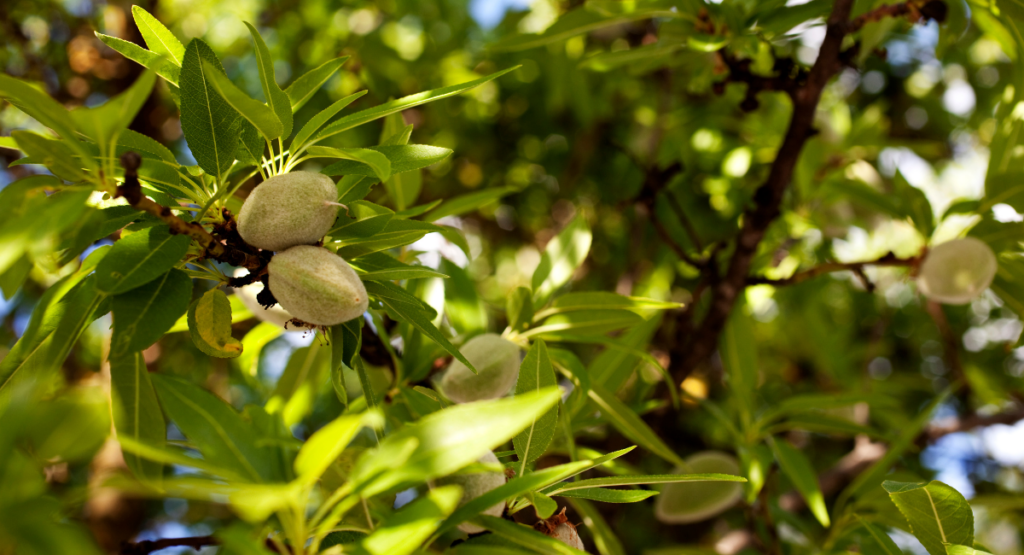
Nonpareil Almonds
Nonpareil almonds, known as the premium of the varieties have the highest market demand and for good reason. This well-established variety is in high demand due to its:
- Attractive look
- Sizing
- Uniform shape
- Smooth surface
These almonds are described to have a mild flavour and a distinctive sweet finish that keeps consumers wanting more. Due to their highly versatile nature, nonpareil almonds are perfect as a raw or roasted snack and an ingredient in thousands of recipes.
Carmel Almonds
Carmel almonds are known for their slightly rounder shape with a more intense almond flavour. They can be enjoyed raw but are used extensively in value added products (roasted, blanched etc). They feature:
- Slightly rounder shape
- More intense flavour
- Slightly darker surface
The Carmel almond is preferred by some due to its stronger ‘nut taste’. However, this variety’s strength is its suitability for value-adding.
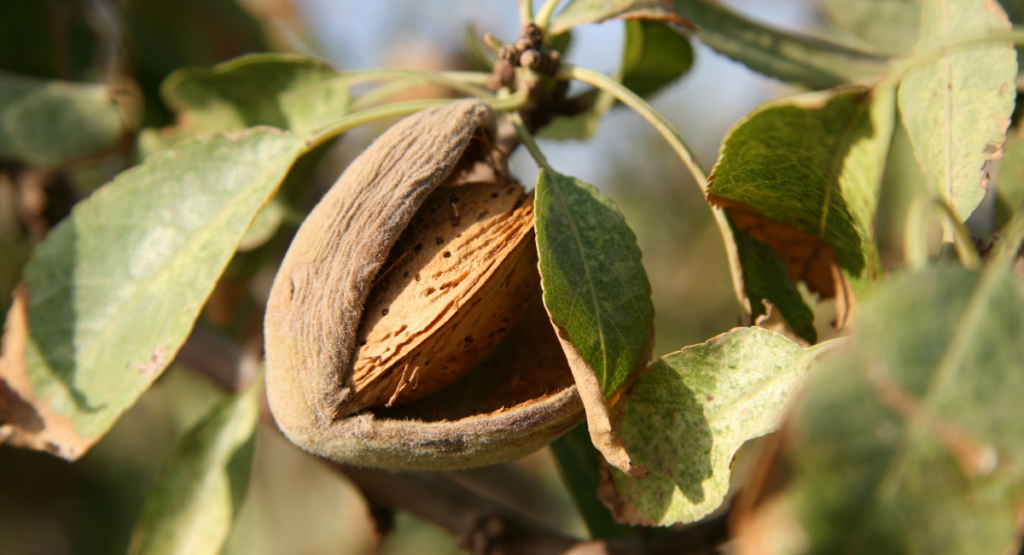
Nonpareil v Carmel - What Should You Choose?
Nonpareil is seen as the premium variety and is grown the most by a significant margin. The Carmel variety is the second most grown in Australia and a top five variety in California.
If you are wanting a premium almond, it’s the Nonpareil. It has the highest demand for a reason, you can’t go wrong with this variety.
However, for a more cost-effective solution that offers a stronger taste, Carmel is a great choice. Not only is it an option for manufacturers who wish to use it to value add, the Carmel is also growing in popularity as a snacking nut. For these reasons, the Carmel variety is a staple here at Trumps.
We offer an extensive range of almonds from bulk sizing all the way to 30g snacking options. Find Trumps Almond Range below!

